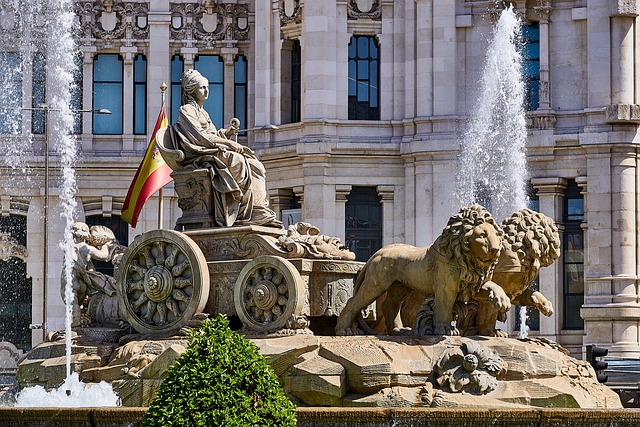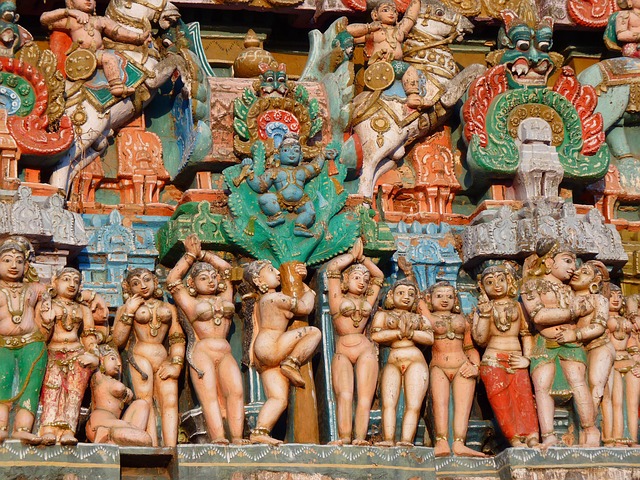The ancient goddess Cybele holds a profound significance in the pantheon of deities revered throughout history. Known as the Mother Goddess, Cybele embodies fertility, protection, and the raw power of nature. Her worship predates the Greeks and Romans, tracing back to the mountains of Phrygia in what is now modern-day Turkey. The essence of Cybele symbolizes the nurturing aspects of the female divine, celebrating life and rebirth in a world often characterized by chaos and destruction.
In many ancient cultures, Cybele was revered as the Earth Mother, a figure who represented the archetype of nurturing and unconditional love. Her connection to the earth signifies a deeply embedded relationship with nature, reflecting humanity’s reliance on its cycles for growth and sustenance. Festivals dedicated to Cybele, such as the renowned Megalensia, celebrated not only her blessings but also the rejuvenation of the earth as spring emerged, showcasing the goddess’s vital energy that breathed life into the world.
Her divine attributes often invited the faithful to seek her protection during times of strife. In an age where warfare was prevalent, invoking Cybele’s name was believed to summon her shielding power. Her image, often depicted with lions and surrounded by lush vegetation, served as a reminder that she stood as a guardian to those who honored her. The ferocity of the lion, one of her symbols, highlights her power, reinforcing the idea that true strength often lies in nurturing and defending those we love.
The mysteries surrounding Cybele’s worship also reveal an array of rituals and practices that significantly influenced later religions. Initiates underwent sacred rites that allowed them to commune with her spirit, a stunning testament to the depth of devotion she inspired. While many have lost sight of these ancient traditions, traces of Cybele’s influence persist, reminding us of humanity’s timeless quest for connection to the divine.
Moreover, her representation as a mother figure transcends religion, as many cultures have adopted similar archetypes. People from various backgrounds can identify with the nurturing aspects that Cybele embodies, fostering a sense of community and shared values. This universality speaks to our intrinsic need for love, protection, and guidance—elements that Cybele fiercely represents.
As we explore the divine power of Cybele, we not only uncover the historical contexts and worship practices but also tap into a greater understanding of our own lives. Her legacy encourages us to honor the duality of femininity, nurturing our relationships while recognizing the strength that lies within. In revisiting the divine lessons embedded in Cybele’s story, we embrace the possibilities of renewal and the boundless power of love.




